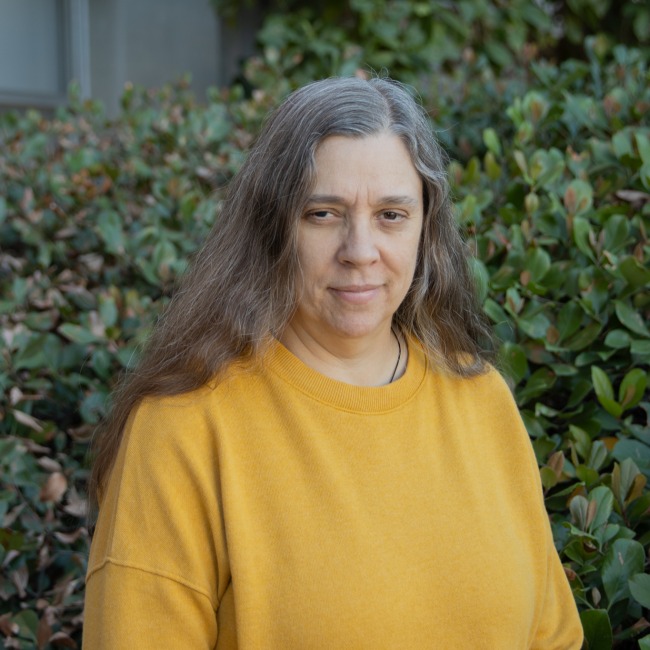
Melanie Cody
Melanie McKay-Cody, PhD is an Assistant Professor (tenure-track) in the Department of Disability and Psychoeducational Studies at the University of Arizona, with a courtesy appointment in the Department of Linguistics. She earned her PhD in Linguistic and Sociocultural Anthropology from the University of Oklahoma. Her teaching spans American Sign Language and Deaf Studies courses, including introductory through advanced ASL, Deaf linguistics, and Deaf cultures. She also teaches courses cross-listed in Linguistics and American Indian Studies, such as Introduction to Non-Western Language: Documenting the North American Indian Sign Language.
Her research centers on Indigenous Deaf community-based projects, with a focus on the linguistics of ASL, North American Indian/Indigenous Sign Language (NAISL), and Indigenous Deaf pedagogy. She leads the North American Indian Sign Language Video Dictionary project and mentors Native student interpreters. Her publications include work on Indigenous Deaf identity, the role of sign languages in Indigenous knowledge systems, interpreting Ute petroglyphs, and integrating Indigenous languacultures into STEAM education. Her recent scholarship has appeared in Wicazo Sa Review, Education Sciences, Expression: The International Journal of Conceptual Anthropology, and Indigenous Disability Studies (Routledge).
Dr. McKay-Cody has received recognition including the Early Career Scholar Award, Women of Impact Award, Gentling Fellowship, and the Smith Endowment Fellowship. She has secured major grants from the National Science Foundation and the National Endowment for the Humanities to document endangered Indigenous sign languages. Beyond academia, she serves on advisory boards, dissertation committees, and national organizations, while also consulting on Indigenous linguistics, Deaf community advocacy, museum curation, and sign language translation. She is an active council member of Turtle Island Hand Talk and a strong advocate with the End Sign Language Deprivation Movement.

